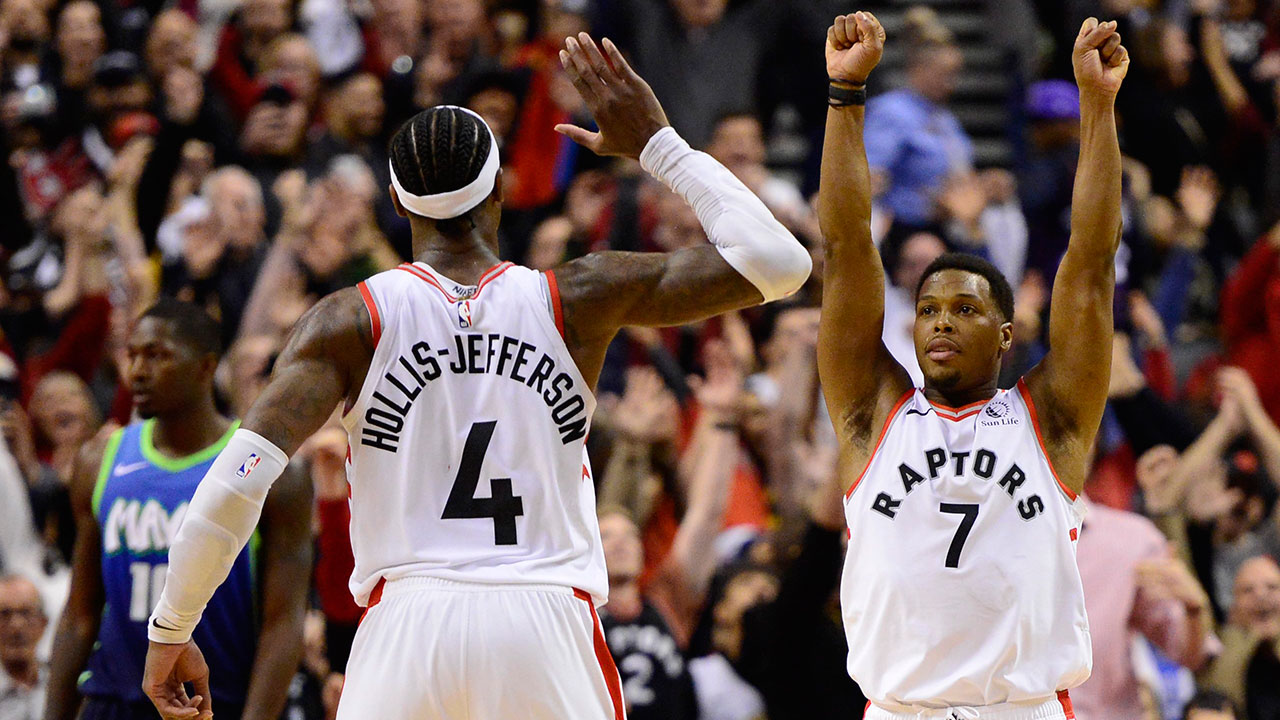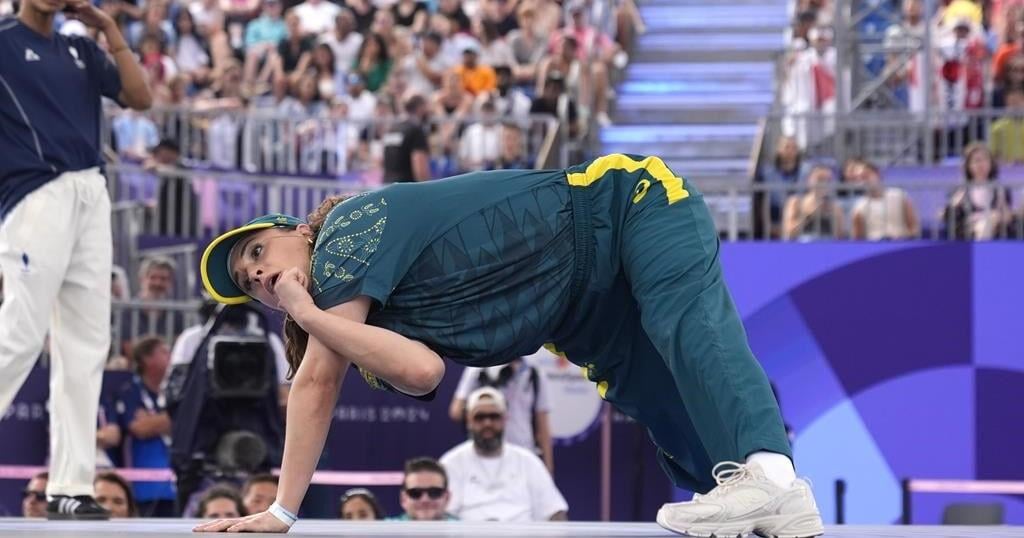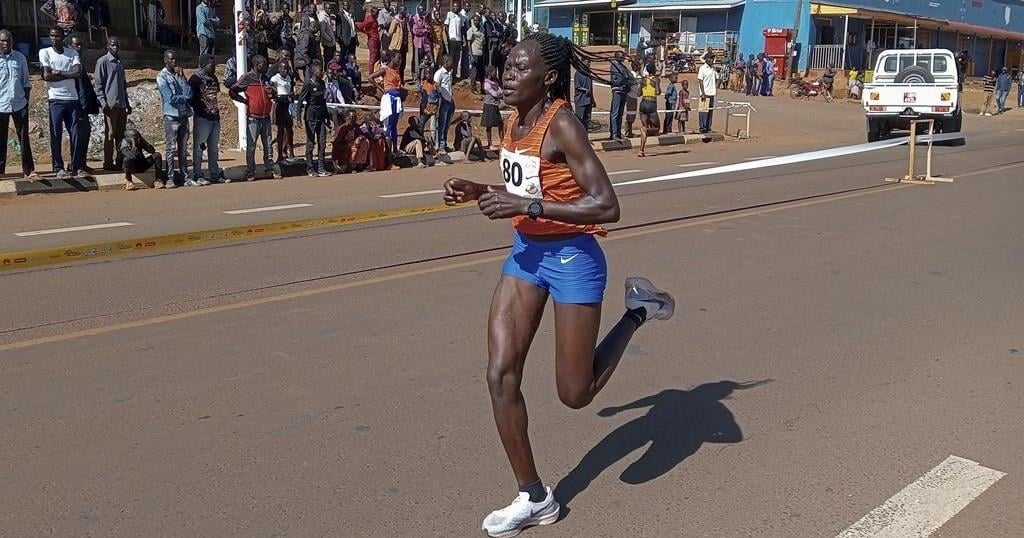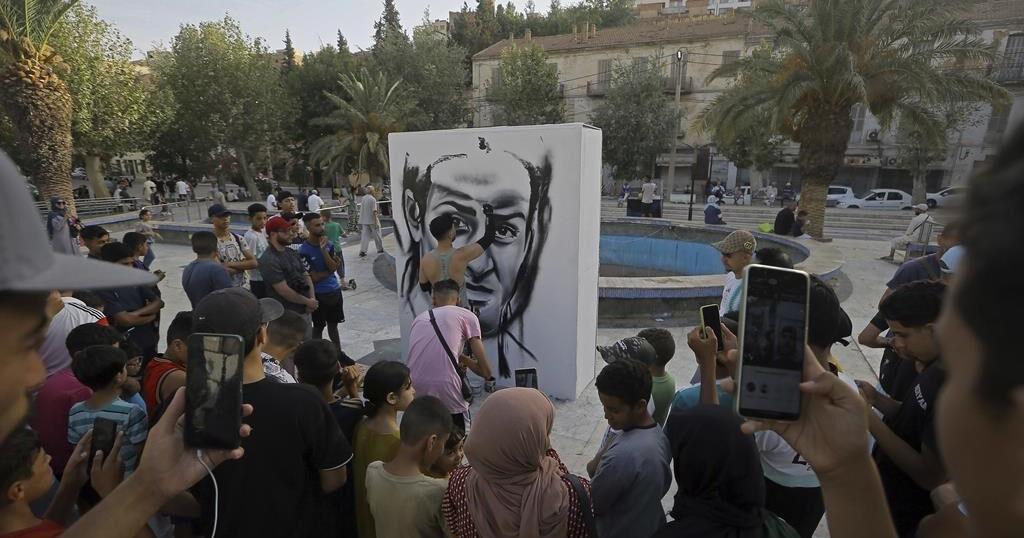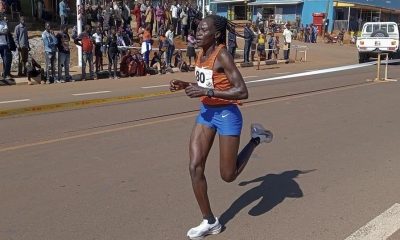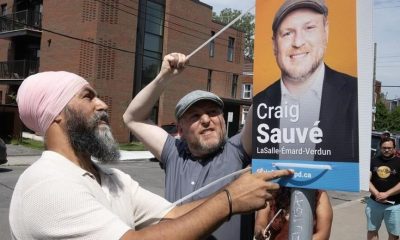BRISBANE, Australia (AP) — For Australian breaker Rachael Gunn, first came her polarizing performance at the Olympics, followed by her panic when she was chased through the streets of Paris.
The 37-year-old university lecturer from Sydney — her birthday was on Monday — bewildered expert and casual viewers alike in the sport of breaking with an unconventional routine that included mimicking a kangaroo.
Breaking was being contested at an Olympics for the first time . And it might be a one-and-done, not scheduled on the Olympic program for Los Angeles in 2028 or for Brisbane, Australia in 2032.
“Raygun” as she was known, was later ridiculed on social media, with some posts also questioning the Olympic qualifying process.
In a television interview for The Project on Australia’s Channel 10, she told of being chased by cameras through Paris streets and how she dealt with the very public reaction to her performance.
“That was really wild,” she said in rare public comments since the event. “If people are chasing me, what do I do? That really did put me in a state of panic. I was nervous to be out in public. It was pretty nerve-wracking for a while.”
She apologized for the commotion, but again defended her performance and said she was thankful for support from others in the sport.
“It is really sad to hear those criticisms,” she said. “I am very sorry for the backlash that the community has experienced, but I can’t control how people react. The energy and vitriol that people had was pretty alarming.
“While I went out there and had fun, I did take it very seriously. I worked my butt off preparing for the Olympics and I gave my all, truly. I think my record speaks to that.”
She had previously defended how she qualified for Paris, and reiterated it on the TV program.
“I won the Oceania championships. It was a direct qualifier,” Gunn said. “There were nine judges, all from overseas. I knew my chances were slim as soon as I qualified,” for the Olympics.
“People didn’t understand breaking and were just angry about my performance,” she added. “The conspiracy theories were just awful and that was really upsetting. People are now attacking our reputation and our integrity — none of them were grounded in facts.”
Gunn’s performance was mocked online and on television, including in a sketch on Jimmy Fallon’s late-night TV show.
“I don’t know whether to, like, hug him or yell at him because what a platform he ended up giving me,” Gunn said. “I don’t think I’m in a place yet to watch it but I will watch it at some point.”
Otherwise, Gunn said she’s just trying to cope a month later, with some help from therapy.
“I definitely have my ups and downs, good and bad days,” she said. “It has been so amazing to see the positive response to my performance. I never thought I’d be able to connect with so many people in a positive way … but it definitely has been tough at times. Fortunately, I got some mental health support pretty quickly.”
___
AP Paris Olympics:

